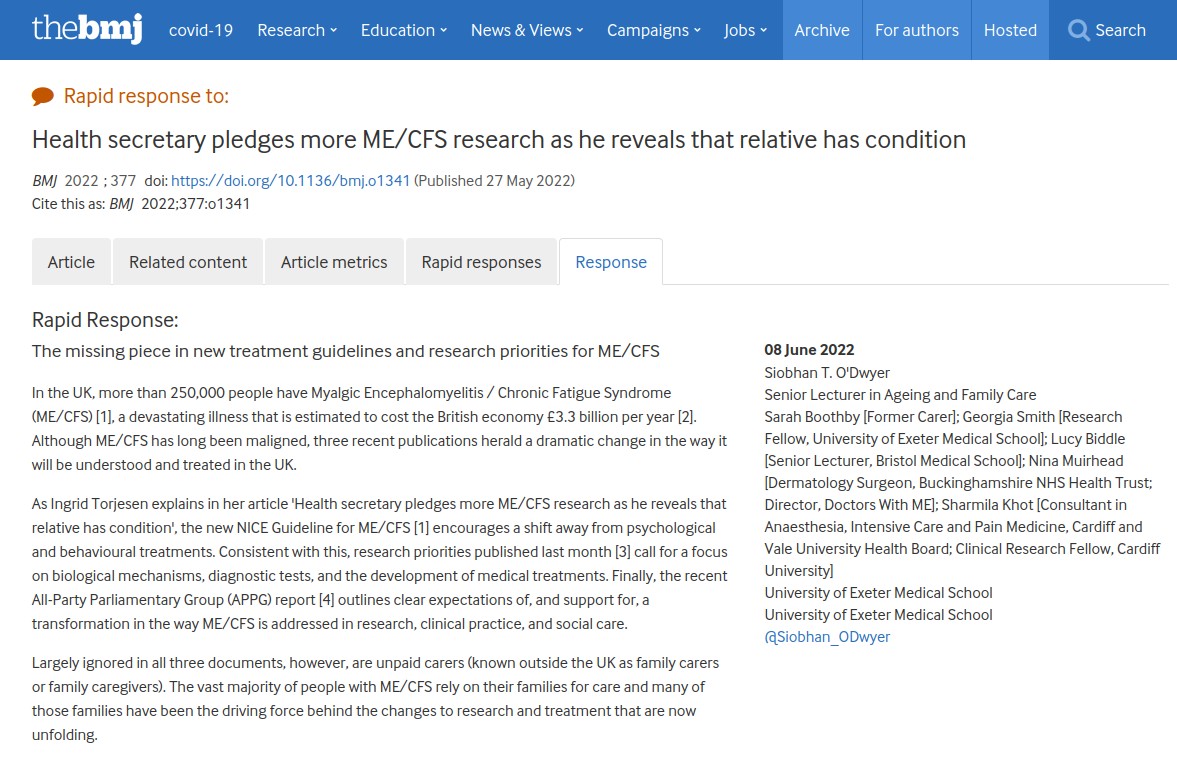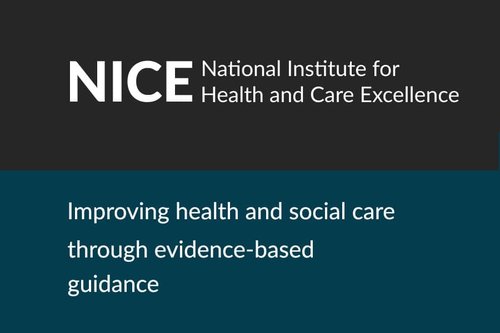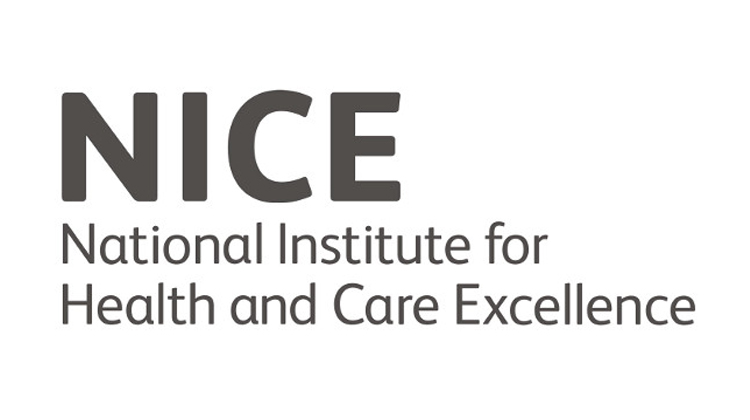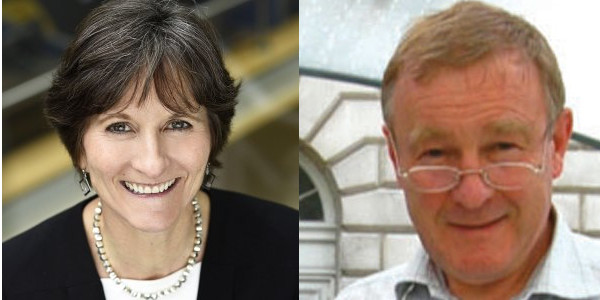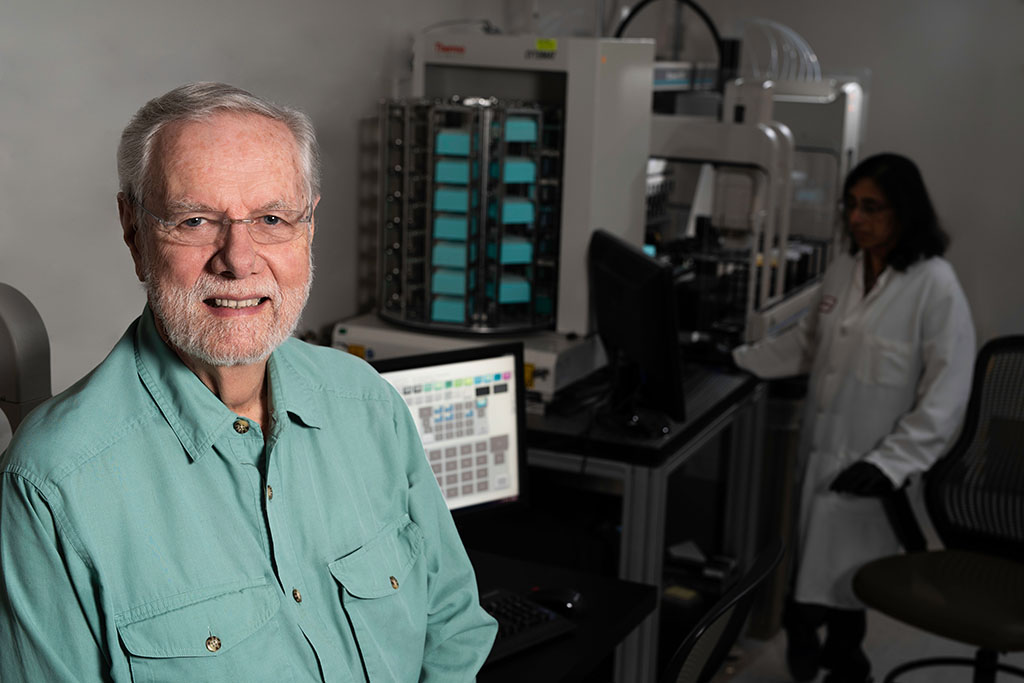Doctors with M.E Director and colleagues respond regarding the ignored importance of unpaid carers
Doctors with M.E. Director, Dr. Nina Muirhead, has co-authored a BMJ Rapid Response regarding the topic of unpaid carers of people with ME. This important factor is largely ignored by the 2021 NICE ME/CFS Guidelines, the recent APPG report and the BMJ article to which they are responding.
Led by Dr. Siobhan O’Dwyer, this rapid response’s co-authors include Sarah Boothby, whose lived experience represents millions of carers of people with ME globally. Sarah’s daughter Maeve passed away needlessly, without the support and care she deserved. Her memory is a potent symbol that underlines calls for change, shining a spotlight on the large number of similar cases that should not exist.
In the UK, more than 250,000 people have Myalgic Encephalomyelitis / Chronic Fatigue Syndrome (ME/CFS) [1], a devastating illness that is estimated to cost the British economy £3.3 billion per year [2]. Although ME/CFS has long been maligned, three recent publications herald a dramatic change in the way it will be understood and treated in the UK.
As Ingrid Torjesen explains in her article ‘Health secretary pledges more ME/CFS research as he reveals that relative has condition’, the new NICE Guideline for ME/CFS [1] encourages a shift away from psychological and behavioural treatments. Consistent with this, research priorities published last month [3] call for a focus on biological mechanisms, diagnostic tests, and the development of medical treatments. Finally, the recent All-Party Parliamentary Group (APPG) report [4] outlines clear expectations of, and support for, a transformation in the way ME/CFS is addressed in research, clinical practice, and social care.
Largely ignored in all three documents, however, are unpaid carers (known outside the UK as family carers or family caregivers). The vast majority of people with ME/CFS rely on their families for care and many of those families have been the driving force behind the changes to research and treatment that are now unfolding.
Unpaid caring is known to cause physical and mental illness (including high rates of suicidal ideation [5]), financial distress, and social isolation [6-8]. There has been limited research on unpaid care in the specific context of ME/CFS, but the few existing studies clearly show that the usual toll of caring for a sick or disabled family member is compounded by the historic prejudice surrounding ME/CFS and the absence of evidence-based treatments [e.g.9-15].
The new NICE Guideline suggests that unpaid carers should be involved in care planning for people with ME/CFS. We welcome this recommendation because, by necessity, carers have become experts on the management of ME/CFS. In recent consultations [16], however, people caring for family members with ME/CFS told us that relationships with health professionals are fraught. At best carers have been ignored. At worst they have been accused of fabricating or inducing illness and threatened with child protection proceedings. These difficult relationships are a serious impediment to the meaningful involvement of unpaid carers in clinical decision-making, and the NICE Guideline offers no advice on how best to forge positive, constructive relationships between clinicians and carers.
The Guideline also recommends that carers be encouraged to seek a Carer’s Assessment [17] and be given information on support groups and financial aid. But these are generic recommendations that do little to address the unique needs of ME/CFS carers and, in an under-resourced system, have been of limited benefit to carers more generally [18-21].
While we applaud the new research priorities, it may be decades before biomedical breakthroughs are made or translated into effective, widely available treatments for ME/CFS [22]. Similarly, while the APPG report sets a clear expectation for improved health and social care provision for people with ME/CFS, that change is likely to be slow. In the meantime, families will continue to provide the majority of care for people with ME/CFS and bear the physical, psychological, and economic scars of doing so.
A change in the UK’s approach to ME/CFS is long overdue, but without a focus on unpaid carers the puzzle will always be missing a piece. The wellbeing of carers must also be a priority in ME/CFS research and effective strategies must be developed to address their needs, and recognise and respect their expertise, in clinical practice and social care.
– In loving memory of Maeve Boothby O’Neill, 27, for whom change came too late –
Authors
- Siobhan T. O’Dwyer Senior Lecturer in Ageing and Family Care, University of Exeter Medical School
- Sarah Boothby, Former Carer
- Georgia Smith, Research Fellow, University of Exeter Medical School
- Lucy Biddle, Senior Lecturer, Bristol Medical School
- Nina Muirhead, Dermatology Surgeon, Buckinghamshire NHS Health Trust; Director, Doctors With M.E.
- Sharmila Khot, Consultant in Anaesthesia, Intensive Care and Pain Medicine, Cardiff and Vale University Health Board; Clinical Research Fellow, Cardiff University
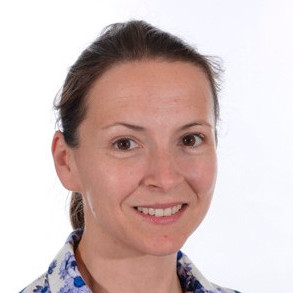
Dr. Nina Muirhead
Director
Dermatology Surgeon, Chair of CFS/ME Research Collaborative Medical Education Working Group, Forward ME representative, Expert Witness, UK National Institute of Health and Care Excellence.

